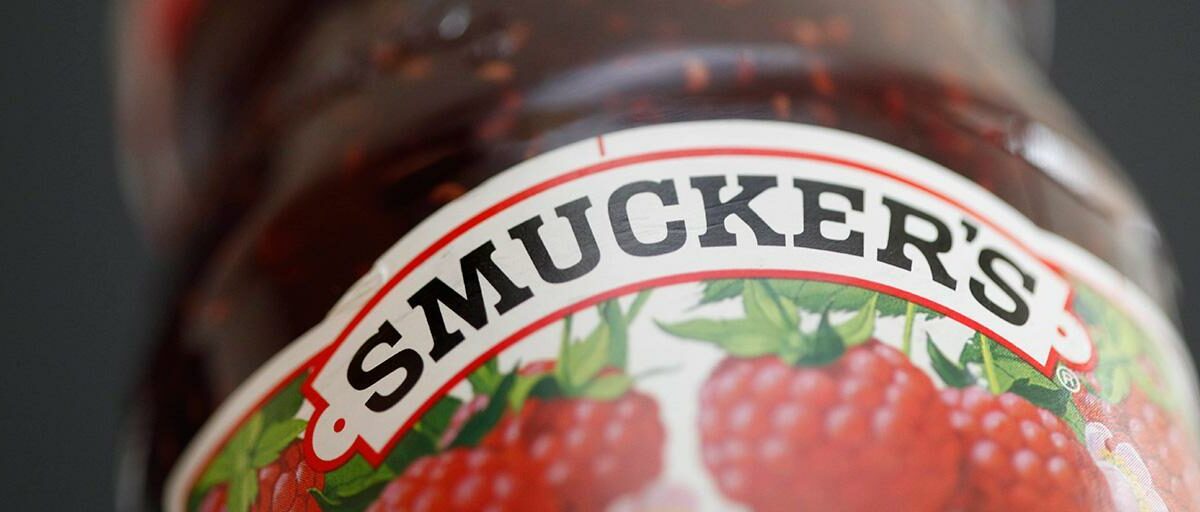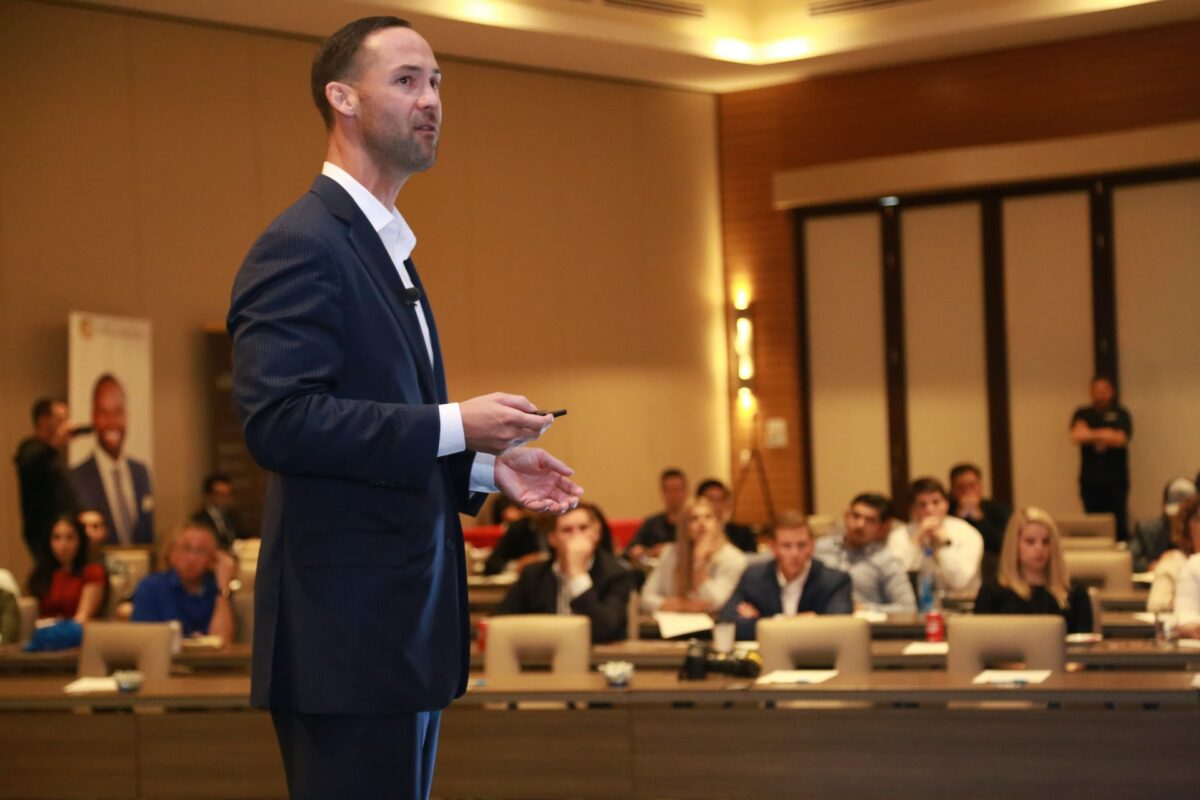For a man on the verge of victory, Barack Obama was looking increasingly tense on Monday. With the latest Gallup poll putting him 11% ahead of John McCain, you’d be forgiven for thinking that leading the US through the biggest brand-repositioning job in history was already starting to occupy the thoughts of the junior senator from Illinois. But the real reason for Obama’s nerves was more immediate: he did not trust the research. If he did, the presidency would be in the bag. However, two words cast a shadow over the optimistic outlook for Obama’s team: Tom Bradley.
In 1982, Bradley was the dynamic African-American politician leading the polls as he stood to become governor of California. He was shown to have a clear lead over George Deukmejian, his white Republican rival, and on election night the exit polls predicted a Bradley victory. Early editions went to press with Bradley on the front page as the next governor.
Then the result was announced. Deukmejian had won narrowly. Later analysis suggested that many of the white voters – who had claimed they would be voting for Bradley when asked by a pollster – had actually opted for his Republican rival once they had entered the privacy of the voting booth. Similarly, a large proportion of self-described ‘undecided’ voters had also voted for the white candidate when the moment came. As Obama contemplates an apparently insurmountable lead, the disappointed face of Bradley looks back at him. There are, of course, many differences between the events of 1982 and this week’s election. The social stigma of voting for a black man is surely less, and Obama is in a much more commanding position than Bradley found himself in California. Nonetheless the worries remain. The punditry and predictions are based on a simple, but unreliable, assumption: that people know their own minds and will do what they say they will do.
Nothing could be further from the truth. While many marketers struggle to understand even the most basic issues of their target segment, the consumer in that segment is often equally unclear about their own preferences. I have umpteen war stories of focus group findings and opinion surveys that sent me and my client in the wrong direction from the consumer behavior we were trying to predict.
Of course, the focus group industry will tell you that skilled moderation can get at core insights. Survey firms will similarly tell you that their panels are representative of the market as a whole. But that’s not the point. I am not questioning the reliability of the methods, but the actual self-knowledge of the consumers who take part.
Superior market research design combines these more vulnerable approaches with methods that are locked into actual consumer behavior. In the qualitative universe, it’s the reason that ethnography’s combination of prolonged observation and in situ interview is replacing the focus group. In quantitative research, it’s the explanation for the triumph of scanner data from EPOS systems over uses and attitudes surveys. Behavior beats a consumer’s own prediction of behavior, hands down, every time. Hopefully, by the time you read this, predictions have become reality, and Obama has been elected the 44th US president. But remember that as a marketer you don’t have to go through the stress Obama endured in recent weeks. Build your marketing strategy from behavioral predictions, and not just what a consumer thinks they think.
30 seconds on…famous failed predictions
- Incumbent President Harry Truman had been widely predicted to lose the 1948 US election. National opinion polls, then in a very early form, showed Republican challenger Thomas Dewey well ahead. But the research was wrong. Truman, pictured holding a Chicago Tribune declaring ‘Dewey defeats Truman’, got his second term.
- When Winston Churchill called an election in July 1945, experts predicted an easy win. But a war-weary nation elected Labour’s Clement Attlee by a landslide.
- In 1985, Coca-Cola ran more than 200,000 blind taste tests on its new Coke formula. When results revealed that a majority preferred the new taste to traditional Coke and Pepsi, the company launched the new formula. The public hated it. Research had failed to account for the difference between blind product tests and real brand loyalty
- In 1987, weatherman Michael Fish dismissed, live on BBC TV, rumors of a hurricane. Cue the worst storm in the UK in 300 years, with record damages and 19 dead.
The Blake Project Can Help: Accelerate Brand Growth Through Powerful Emotional Connections
Branding Strategy Insider is a service of The Blake Project: A strategic brand consultancy specializing in Brand Research, Brand Strategy, Brand Licensing and Brand Education




